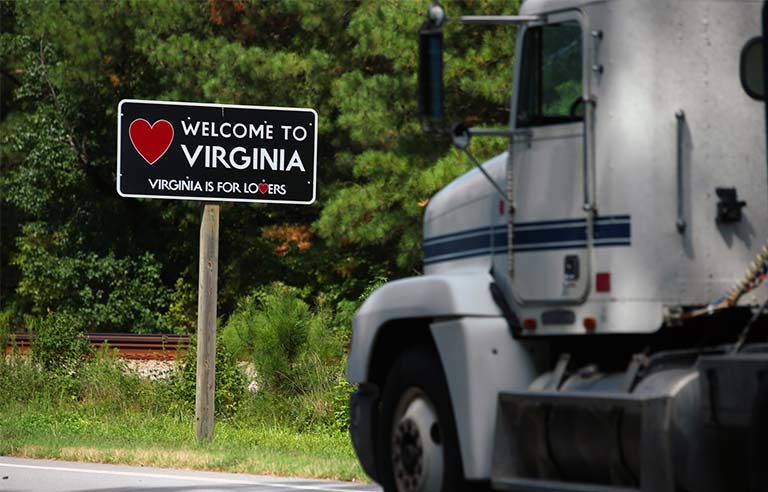FMCSA considering electronic IDs for large trucks and buses

Washington — The Federal Motor Carrier Safety Administration is seeking stakeholder comment on whether to require universal electronic identification for commercial motor vehicles operating in interstate commerce.
“FMCSA currently does not require CMVs to be equipped with a system capable of transmitting a unique electronic ID for operation,” the agency says. “However, FMCSA provides grant funding to states for technology projects that electronically identify a CMV; verify its size, weight and credentials information; and review its carrier’s past safety performance while the vehicle is in motion and then communicate safely to the driver to either pull in or bypass the roadside inspection station.”
According to an advance notice of proposed rulemaking published in the Sept. 23 Federal Register, FMCSA is considering amending its Federal Motor Carrier Safety Regulations in response to a 2015 petition from the Commercial Vehicle Safety Alliance, after the agency denied a similar request in 2013.
FMCSA says it’s considering implementing an electronic ID requirement “to improve the efficiency and effectiveness of the roadside inspection program by more fully enabling enforcement agencies to focus their efforts at high-risk carriers and drivers.”
| Sign up for Safety+Health's free monthly email newsletters and get the news that's important to you. |
CVSA contends that “mandating an electronic identifier requirement will not only save money in the long run – for both enforcement and industry – but will also enable more effective enforcement, improve safety and save thousands of lives every year.”
FMCSA is requesting feedback on a number of questions, including:
- Should a device that can transmit an electronic ID be permanently affixed or removable/transferrable to CMVs in operation? Would FMCSA’s rule need to specify?
- What data should be included as part of the electronic ID? Should it include information specific to the driver? Should it also include information that may vary from trip to trip?
- How far in advance (time, distance) does a state need to gather the electronic ID information to positively ID a vehicle and message the vehicle whether further inspection is required?
- Are there privacy, health or coercion concerns FMCSA should consider in a future proposal?
The deadline to comment is Nov. 22.
Post a comment to this article
Safety+Health welcomes comments that promote respectful dialogue. Please stay on topic. Comments that contain personal attacks, profanity or abusive language – or those aggressively promoting products or services – will be removed. We reserve the right to determine which comments violate our comment policy. (Anonymous comments are welcome; merely skip the “name” field in the comment box. An email address is required but will not be included with your comment.)

